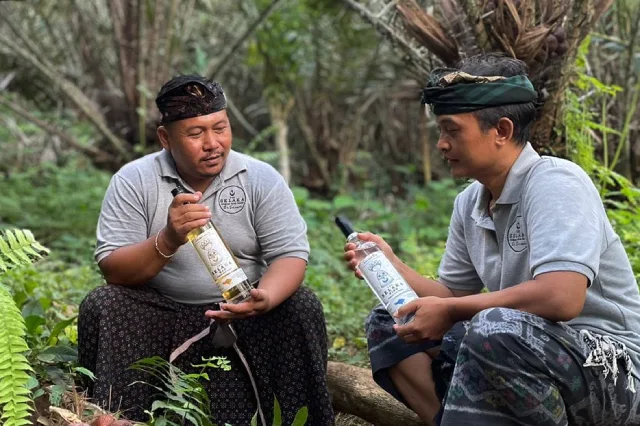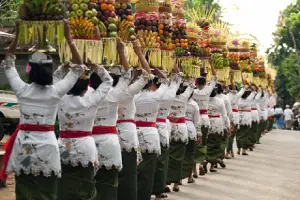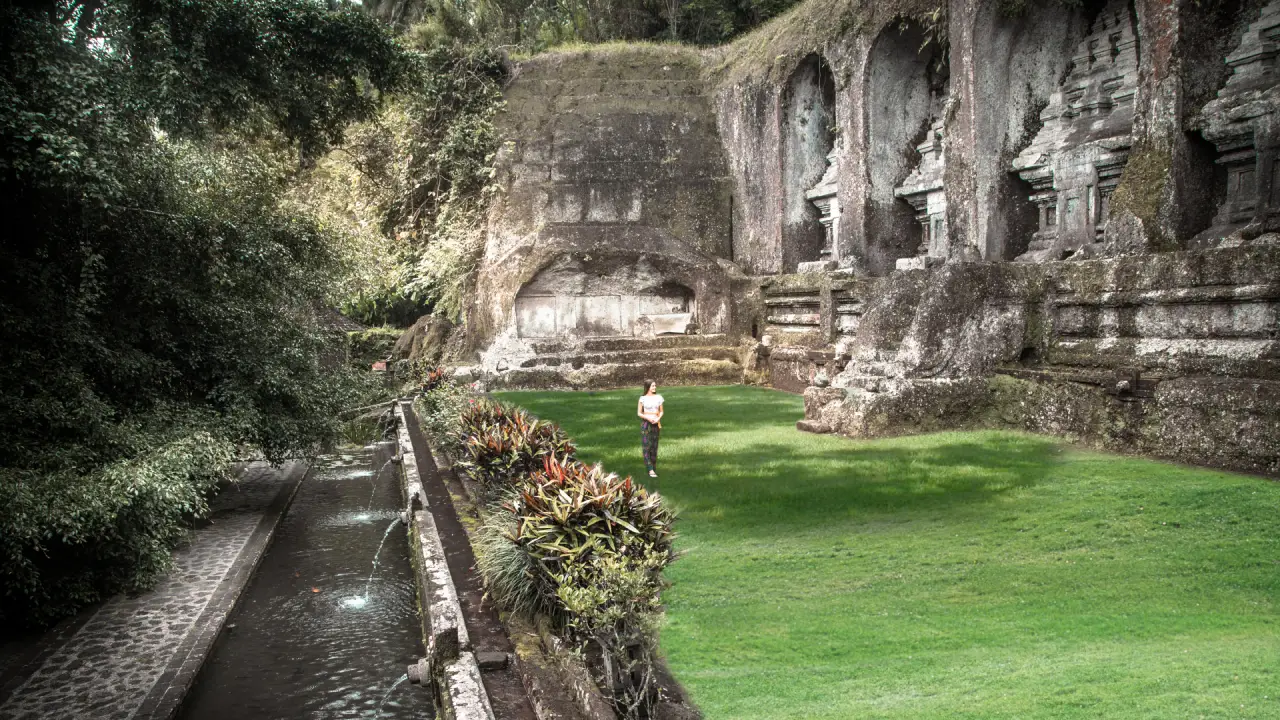Things to Do in Bali
The Three Sources of Happiness
The Balinese concept of Tri Hita Karana is a central philosophy in Balinese culture that underpins their approach to life, spirituality, and community well-being. Translating roughly to the “Three Causes of Prosperity” or “Three Sources of Happiness,” this concept focuses on harmonious relationships that sustain balance across different dimensions of existence.
It is almost impossible to understand Bali without becoming acquainted with these three principles, which are interwoven into many aspects of Balinese culture and their way of life.
Tri Hita Karana is a profound philosophy that defines Balinese values and identity. It reflects the intricate balance that the Balinese people strive to maintain between spirituality, social relationships, and the natural world—an approach that resonates deeply with the Balinese sustainability movement today.
- Tri means “three”
- Hita means “happiness” or “prosperity”
- Karana means “cause” or “way.”
1. Parhyangan – Harmony with the Divine
Parhyangan emphasizes the relationship between humans and the divine or the spiritual realm. It reflects the Balinese commitment to honoring the gods and the ancestors through rituals, ceremonies, and offerings.
Temples are central in Balinese villages, often forming the spiritual heart of the community, and are spaces for the community to gather for rituals that honor the divine, celebrate life, and seek blessings.
Regular ceremonies, such as Galungan, Kuningan, and the Odalan temple anniversaries, provide opportunities for the community to maintain this divine connection, reinforcing the moral and spiritual foundation of Balinese life.
2. Pawongan – Harmony among People
Pawongan is the concept of social harmony, emphasizing a balanced relationship between individuals and their communities. This is central to the Balinese idea of gotong-royong (communal work) and banjar (local council), where collective decision-making and mutual support are key.
In Balinese society, the banjar organizes community events, religious ceremonies, and communal projects, maintaining strong social bonds and ensuring that each member contributes to and benefits from community life.
Pawongan also includes respect for the traditional caste hierarchy, though it functions differently in Bali compared to other parts of Indonesia, blending Hindu principles with unique Balinese customs.
3. Palemahan – Harmony with Nature
Palemahan encourages a symbiotic relationship between humans and the natural environment, reflecting the deep respect the Balinese have for nature as a living force.
This respect is seen in the care for rice fields (subak irrigation systems), mountains, forests, and rivers, all of which are not only seen as resources but as sacred elements of the island.
The subak system, a UNESCO-recognized cultural heritage practice, is an iconic example of this principle. This communal irrigation system, used in rice farming, embodies both the technical and spiritual aspects of Palemahan, as water is seen as a gift from the gods and its use and distribution are governed by rituals.
























